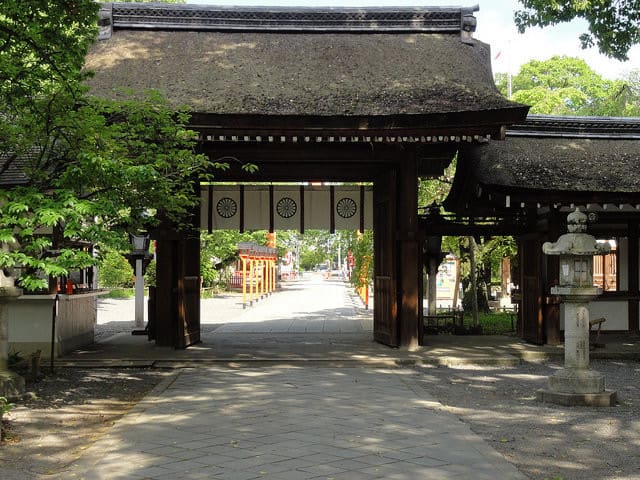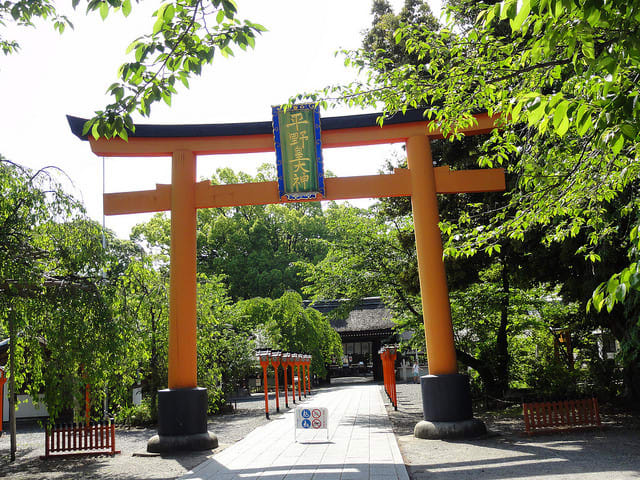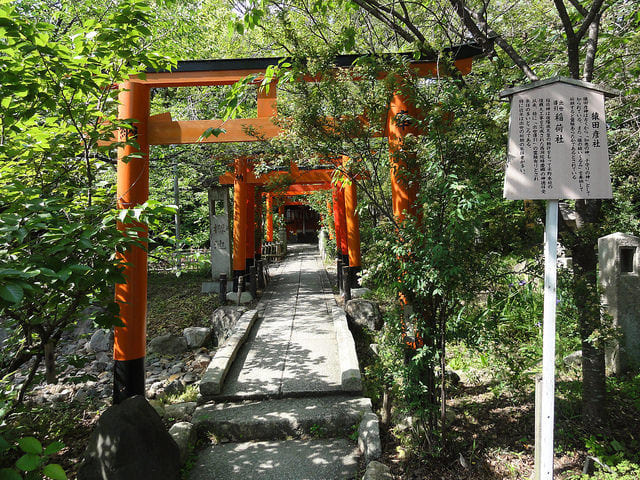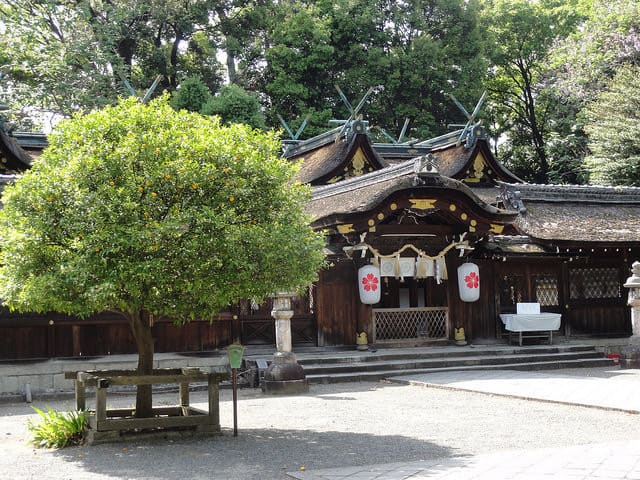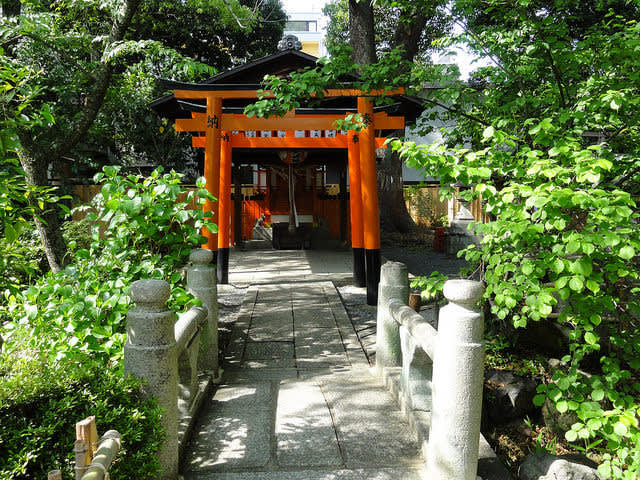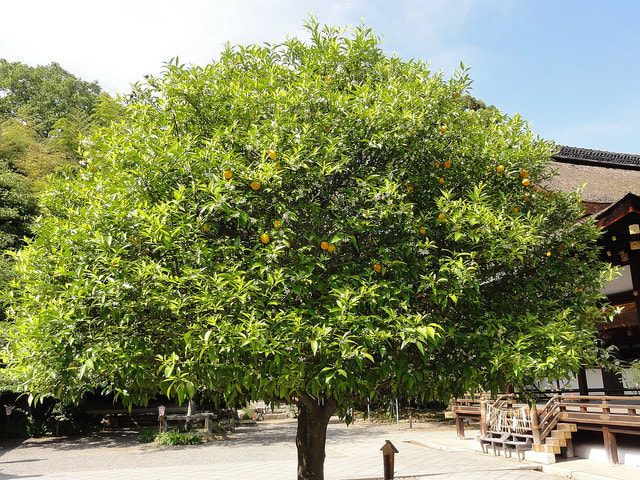Hiroshima Peace Memorial
Hiroshima, Japan
5:45 P.M. JST
PRESIDENT OBAMA: Seventy-one years ago, on a bright, cloudless morning, death fell from the sky and the world was changed. A flash of light and a wall of fire destroyed a city and demonstrated that mankind possessed the means to destroy itself.
Why do we come to this place, to Hiroshima? We come to ponder a terrible force unleashed in a not so distant past. We come to mourn the dead, including over 100,000 in Japanese men, women and children; thousands of Koreans; a dozen Americans held prisoner. Their souls speak to us. They ask us to look inward, to take stock of who we are and what we might become.
It is not the fact of war that sets Hiroshima apart. Artifacts tell us that violent conflict appeared with the very first man. Our early ancestors, having learned to make blades from flint and spears from wood, used these tools not just for hunting, but against their own kind. On every continent, the history of civilization is filled with war, whether driven by scarcity of grain or hunger for gold; compelled by nationalist fervor or religious zeal. Empires have risen and fallen. Peoples have been subjugated and liberated. And at each juncture, innocents have suffered, a countless toll, their names forgotten by time.
The World War that reached its brutal end in Hiroshima and Nagasaki was fought among the wealthiest and most powerful of nations. Their civilizations had given the world great cities and magnificent art. Their thinkers had advanced ideas of justice and harmony and truth. And yet, the war grew out of the same base instinct for domination or conquest that had caused conflicts among the simplest tribes; an old pattern amplified by new capabilities and without new constraints. In the span of a few years, some 60 million people would die -- men, women, children no different than us, shot, beaten, marched, bombed, jailed, starved, gassed to death.
There are many sites around the world that chronicle this war -- memorials that tell stories of courage and heroism; graves and empty camps that echo of unspeakable depravity. Yet in the image of a mushroom cloud that rose into these skies, we are most starkly reminded of humanity’s core contradiction; how the very spark that marks us as a species -- our thoughts, our imagination, our language, our tool-making, our ability to set ourselves apart from nature and bend it to our will -- those very things also give us the capacity for unmatched destruction.
How often does material advancement or social innovation blind us to this truth. How easily we learn to justify violence in the name of some higher cause. Every great religion promises a pathway to love and peace and righteousness, and yet no religion has been spared from believers who have claimed their faith as a license to kill. Nations arise, telling a story that binds people together in sacrifice and cooperation, allowing for remarkable feats, but those same stories have so often been used to oppress and dehumanize those who are different.
Science allows us to communicate across the seas and fly above the clouds; to cure disease and understand the cosmos. But those same discoveries can be turned into ever-more efficient killing machines.
The wars of the modern age teach this truth. Hiroshima teaches this truth. Technological progress without an equivalent progress in human institutions can doom us. The scientific revolution that led to the splitting of an atom requires a moral revolution, as well.
That is why we come to this place. We stand here, in the middle of this city, and force ourselves to imagine the moment the bomb fell. We force ourselves to feel the dread of children confused by what they see. We listen to a silent cry. We remember all the innocents killed across the arc of that terrible war, and the wars that came before, and the wars that would follow.
Mere words cannot give voice to such suffering, but we have a shared responsibility to look directly into the eye of history and ask what we must do differently to curb such suffering again. Someday the voices of the hibakusha will no longer be with us to bear witness. But the memory of the morning of August 6th, 1945 must never fade. That memory allows us to fight complacency. It fuels our moral imagination. It allows us to change.
And since that fateful day, we have made choices that give us hope. The United States and Japan forged not only an alliance, but a friendship that has won far more for our people than we could ever claim through war. The nations of Europe built a Union that replaced battlefields with bonds of commerce and democracy. Oppressed peoples and nations won liberation. An international community established institutions and treaties that worked to avoid war and aspire to restrict and roll back, and ultimately eliminate the existence of nuclear weapons.
Still, every act of aggression between nations; every act of terror and corruption and cruelty and oppression that we see around the world shows our work is never done. We may not be able to eliminate man’s capacity to do evil, so nations –- and the alliances that we’ve formed -– must possess the means to defend ourselves. But among those nations like my own that hold nuclear stockpiles, we must have the courage to escape the logic of fear, and pursue a world without them.
We may not realize this goal in my lifetime. But persistent effort can roll back the possibility of catastrophe. We can chart a course that leads to the destruction of these stockpiles. We can stop the spread to new nations, and secure deadly materials from fanatics.
And yet that is not enough. For we see around the world today how even the crudest rifles and barrel bombs can serve up violence on a terrible scale. We must change our mindset about war itself –- to prevent conflict through diplomacy, and strive to end conflicts after they’ve begun; to see our growing interdependence as a cause for peaceful cooperation and not violent competition; to define our nations not by our capacity to destroy, but by what we build.
And perhaps above all, we must reimagine our connection to one another as members of one human race. For this, too, is what makes our species unique. We’re not bound by genetic code to repeat the mistakes of the past. We can learn. We can choose. We can tell our children a different story –- one that describes a common humanity; one that makes war less likely and cruelty less easily accepted.
We see these stories in the hibakusha –- the woman who forgave a pilot who flew the plane that dropped the atomic bomb, because she recognized that what she really hated was war itself; the man who sought out families of Americans killed here, because he believed their loss was equal to his own.
My own nation’s story began with simple words: All men are created equal, and endowed by our Creator with certain unalienable rights, including life, liberty and the pursuit of happiness. Realizing that ideal has never been easy, even within our own borders, even among our own citizens.
But staying true to that story is worth the effort. It is an ideal to be strived for; an ideal that extends across continents, and across oceans. The irreducible worth of every person, the insistence that every life is precious; the radical and necessary notion that we are part of a single human family -– that is the story that we all must tell.
That is why we come to Hiroshima. So that we might think of people we love -- the first smile from our children in the morning; the gentle touch from a spouse over the kitchen table; the comforting embrace of a parent –- we can think of those things and know that those same precious moments took place here seventy-one years ago. Those who died -– they are like us. Ordinary people understand this, I think. They do not want more war. They would rather that the wonders of science be focused on improving life, and not eliminating it.
When the choices made by nations, when the choices made by leaders reflect this simple wisdom, then the lesson of Hiroshima is done.
The world was forever changed here. But today, the children of this city will go through their day in peace. What a precious thing that is. It is worth protecting, and then extending to every child. That is the future we can choose -– a future in which Hiroshima and Nagasaki are known not as the dawn of atomic warfare, but as the start of our own moral awakening. (Applause.)
広島平和記念公園
2016年5月27日
71年前の明るく晴れわたった朝、空から死が降ってきて世界は一変しました。閃光(せんこう)と炎の壁によって町が破壊され、人類が自らを破滅させる手段を手にしたことがはっきりと示されました。
私たちはなぜ、ここ広島を訪れるのでしょうか。それほど遠くない過去に解き放たれた、恐ろしい力についてじっくりと考えるためです。10万人を超える日本人の男女そして子どもたち、何千人もの朝鮮半島出身の人々、12人の米国人捕虜など、亡くなった方々を悼むためです。こうした犠牲者の魂は私たちに語りかけます。彼らは私たちに内省を求め、私たちが何者であるか、そして私たちがどのような人間になるかについて考えるよう促します。
広島を特別な場所にしているのは、戦争という事実ではありません。古代の遺物を見れば、人類の誕生とともに暴力的な紛争も生まれたことが分かります。人類の初期の祖先たちは、火打ち石から刃物を、木からやりを作ることを覚え、こうした道具を狩猟だけでなく、人間を攻撃するためにも使いました。どの大陸においても、原因が穀物の不足か、金塊を求めてか、強い愛国心か、熱心な信仰心かにかかわらず、文明の歴史は戦争で満たされています。帝国は盛衰し、人々は隷属させられたり解放されたりしました。その節目節目で、罪のない人々が苦しみ、無数の人々が犠牲となりましたが、その名前は時間の経過とともに忘れ去られました。
広島、長崎で残酷な終結を迎えたあの世界大戦は、世界で最も豊かで最も力を持つ国同士の戦いでした。これらの国々の文明により、世界は素晴らしい都市と見事な芸術を得ることができました。これらの国々から生まれた思想家たちは、正義と調和と真実の思想を唱道しました。しかし、この戦争を生んだのは、最も素朴な部族の間で紛争の原因となったものと同じ、支配したいという基本的な本能でした。古くから繰り返されてきたことが、新たな制約を受けることなく、新たな能力によって増幅されました。わずか数年の間に、およそ6000万人の人々が亡くなることになりました。子どもを含む、私たちと同じ人々が弾丸を浴び、殴られ、行進させられ、爆撃され、投獄され、飢え、ガス室に送られて死んでいったのです。
世界には、この悲劇を記録する場所がたくさんあります。勇気と英雄的な行為の物語を伝える記念碑、言葉では言い表せない悪行を思い起こさせる墓地や誰もいない収容所などです。しかし、空に立ち上るキノコ雲の映像の中に、私たちは、人間が抱える根本的な矛盾を非常にはっきりと思い起こすことができます。すなわち、人間の種として特徴付ける、まさにその火花、つまり私たちの思想、想像力、言語、道具を作る能力、人間を自然から引き離し、自分の思いどおりに自然を変える能力が、比類ない破壊をもたらす力を私たちに与えたのです。
物質的進歩や社会的革新によって、この真実が見えなくなることはどれほどあるでしょうか。より大きな大義の名の下に、暴力を正当化する術を身に付けることは非常に容易です。全ての偉大な宗教は、愛と平和と正義に至る道を約束します。しかし、いかなる宗教にも、信仰を殺人の許可と考える信者がいます。国家というものは、自らを犠牲にして協力し、素晴らしい偉業を成し遂げるために人々を団結させる物語を語って生まれます。しかし、その同じ物語が、自分たちと異なる人々を弾圧し、人間性を奪うために何度も使われてきました。
科学によって人間は、海を越えて通信し、雲の上を飛び、病を治し、宇宙を理解することができるようになりました。しかし、こうした同じ発見を、これまで以上に効率的な殺人マシンに転用することもできます。
現代の戦争はこの真実を教えてくれます。広島はこの真実を教えてくれます。人間社会に同等の進歩がないまま技術が進歩すれば、私たちは破滅するでしょう。原子の分裂を可能にした科学の革命には、倫理的な革命も必要なのです。
だからこそ私たちは、この場所を訪れるのです。この町の中心に立ち、勇気を奮い起こして原爆が投下された瞬間を想像してみるのです。目にしている光景に当惑した子どもたちの恐怖を感じてみるのです。 声なき叫び声に耳を傾けるのです。私たちは、あの恐ろしい戦争、それ以前に起きた戦争、そしてこれから起こるであろう戦争の犠牲になった罪のない人々のことを忘れてはいません。
単なる言葉では、このような苦しみを伝えることはできません。しかし私たちは歴史を真っ向から見据え、このような苦しみが二度と起きないようにするために、どのように行動を変えればいいのかを考える責任を共有しています。いつの日か、証人としての被爆者の声を聞くことがかなわなくなる日が来ます。けれども1945年8月6日の朝の記憶が薄れることがあってはなりません。この記憶のおかげで、私たちは現状を変えなければならないという気持ちになり、私たちの倫理的想像力に火がつくのです。そして私たちは変わることができるのです。
あの運命の日以降、私たちは希望に向かう選択をしてきました。日米両国は同盟を結んだだけでなく友情も育み、戦争を通じて得るものよりはるかに大きなものを国民のために勝ち取りました。欧州諸国は、戦場の代わりに、通商と民主主義の絆を通した連合を築きました。抑圧された人々や国々は解放を勝ち取りました。国際社会は、戦争の回避や、核兵器の制限、縮小、最終的には廃絶につながる機関や条約をつくりました。
しかし、国家間の全ての侵略行為や、今日世界で目の当たりにする全てのテロ、腐敗、残虐行為、抑圧は、私たちの仕事に終わりがないことを物語っています。人間が悪を行う能力をなくすことはできないかもしれません。ですから私たちがつくり上げる国家や同盟は、自らを防衛する手段を持つ必要があります。しかし私自身の国と同様、核を保有する国々は、恐怖の論理から逃れ、核兵器のない世界を追求する勇気を持たなければなりません。
私が生きている間に、この目標を実現することはできないかもしれません。しかし粘り強い努力によって、大惨事が起きる可能性を低くすることができます。保有する核の根絶につながる道を示すことができます。核の拡散を止め、大きな破壊力を持つ物質が狂信者の手に渡らないようにすることができます。
しかし、これだけでは不十分です。なぜなら今日世界を見渡せば、粗雑なライフルやたる爆弾さえも、恐ろしいほど大きな規模での暴力を可能にするからです。戦争自体に対する私たちの考え方も変えるべきです。そして外交を通じて紛争を回避し、始まった紛争を終結させるために努力すべきです。相互依存の高まりを、暴力的な争いではなく平和的な協力を生むものであると理解し、それぞれの国を破壊能力ではなく、構築する能力によって定義すべきです。
とりわけ、私たちは人類の一員としての相互の結び付きについて再考すべきです。これも人類を他の種と区別する要素だからです。私たちは、遺伝子コードによって、過去の過ちを繰り返すよう定められているわけではありません。私たちは学ぶことができます。選択することができます。子どもたちに異なる物語、つまり共通の人間性を伝える物語であり、戦争の可能性を低下させ、残虐行為を受け入れ難くするような物語を話すことができます。
私たちは、こうした物語を被爆者の方々に見てとることができます。原爆を投下したパイロットを許した女性がいます。本当に憎んでいたのは戦争そのものであることに気づいたからです。この地で命を落とした米国人の遺族を探し出した男性がいます。彼らが失ったものは自分が失ったものと同じだと信じたからです。私の国の物語は簡潔な言葉で始まりました。「万人は平等に創られ、また生命、自由および幸福追求を含む不可譲(ふかじょう)の権利を、創造主から与えられている」というものです。こうした理想を実現することは、国内においても、自国の市民の間でも決して容易ではありません。
しかし、この理想に忠実であろうと取り組む価値はあります。これは実現に向けて努力すべき理想であり、この理想は大陸や大洋を越えます。全ての人が持つ、減じることのできない価値。いかなる命も貴重だという主張。私たちは、人類というひとつの家族の一員であるという基本的で必要な概念。これこそ私たちが皆、語らなければならない物語です。
だからこそ、人は広島を訪れるのです。そして大切に思う人々のことを思い浮かべます。朝一番に見せる子どもの笑顔。食卓でそっと触れる伴侶の手の優しさ。ホッとさせてくれる親の抱擁。こうしたことを考えるとき、私たちはこの同じ貴重な瞬間が71年前、ここにもあったことを知ることができます。犠牲となった方々は、私たちと同じです。普通の人々にはこれが分かるでしょう。彼らはこれ以上戦争を望んでいません。科学の感嘆すべき力を、人の命を奪うのではなく、生活を向上させるために使ってほしいと思っています。
国家が選択を行うとき、指導者が行う選択がこの分かりやすい良識を反映するものであるとき、広島の教訓が生かされることになります。
この地で世界は永遠に変わりました。しかし、今日この町に住む子どもたちは平和な中で一日を過ごします。なんと素晴らしいことでしょう。これは守る価値があることであり、全ての子どもに与える価値があることです。こうした未来を私たちは選ぶことができます。そしてその未来において、広島と長崎は、核戦争の夜明けではなく、私たち自身が倫理的に目覚めることの始まりとして知られるようになるでしょう。
PRIME MINISTER ABE: (As translated.) Last year, at the 70th anniversary of the end of war, I visited the United States and made a speech as Prime Minister of Japan at a joint meeting of the U.S. Congress. That war deprived many American youngsters of their dreams and futures. Reflecting upon such harsh history, I offered my eternal condolences to all the American souls that were lost during World War II. I expressed gratitude and respect for all the people in both Japan and the United States who have been committed to reconciliation for the past 70 years.
Seventy years later, enemies who fought each other so fiercely have become friends, bonded in spirit, and have become allies, bound in trust and friendship, deep between us. The Japan-U.S. alliance, which came into the world this way, has to be an alliance of hope for the world.
So I appealed in the speech. One year has passed since then. This time, President Obama, for the first time as leader of the United States, paid a visit to Hiroshima, the city which suffered the atomic bombing. U.S. President witnessing the reality of atomic bombings and renewing his determination for a world free of nuclear weapons -- this gives great hope to people all around the world who have never given up their hope for a world without nuclear weapons.
I would like to give a whole-hearted welcome to this historic visit, which had been awaited not only by the people of Hiroshima, but also by all the Japanese people. I express my sincere respect to the decision and courage of President Obama. With his decision and courage, we are opening a new chapter to the reconciliation of Japan and the United States, and in our history of trust and friendship.
A few minutes ago, together, I and President Obama offered our deepest condolences for all those who lost their lives during World War II and also by the atomic bombings. Seventy-one years ago in Hiroshima and in Nagasaki, a great number of innocent citizens’ lives were cost by a single atomic bomb without mercy. Many children and many citizens perished. Each one of them had his or her life dream and beloved family. When I reflect on this sheer fact, I cannot help but feel painful grief.
Even today, there are victims who are still suffering unbearably from the bombings. Feeling of those who went through unimaginable tragic experiences, indeed, in this city 71 years ago -- it is unspeakable. In their minds, various feelings must have come and gone -- that of those, this must be in common: That any place in the world this tragedy must not be repeated again.
It is the responsibility of us who live in the present to firmly inherit these deep feelings. We are determined to realize a world free of nuclear weapons. No matter how long and how difficult the road will be, it is the responsibility of us who live in the present to continue to make efforts.
Children who were born on that unforgettable day lit the light believing in permanent peace. To make every effort for the peace and prosperity in the world, vowing for this light -- this is the responsibility of us all who live in the present. We will definitely fulfill our responsibility. Together, Japan and the United States will become a light for hope, for the people in the world. Standing in this city, I am firmly determined, together with President Obama. This is the only way to respond to the feelings of the countless spirits -- victims of the atomic bombs in Hiroshima and Nagasaki. I am convinced of this. (Applause.)
END
6:05 P.M. JST
【安倍総理発言】
昨年、戦後70年の節目に当たり、私は、米国を訪問し、米国の上下両院の合同会議において、日本の内閣総理大臣として、スピーチを行いました。
あの戦争によって、多くの米国の若者たちの夢が失われ、未来が失われました。その苛烈な歴史に、改めて思いをいたし、先の戦争で斃(たお)れた、米国の全ての人々の魂に、とこしえの哀悼を捧げました。
そして、この70年間、和解のために力を尽くしてくれた日米両国全ての人々に、感謝と尊敬の念を表しました。
熾烈に戦いあった敵は、70年の時を経て、心の紐帯(ちゅうたい)を結ぶ友となり、深い信頼と友情によって結ばれる同盟国となりました。そうして生まれた日米同盟は、世界に「希望」を生み出す同盟でなければならない。私は、スピーチで、そう訴えました。
あれから1年。今度は、オバマ大統領が、米国のリーダーとして初めて、この被爆地・広島を訪問してくれました。
米国の大統領が、被爆の実相に触れ、「核兵器のない世界」への決意を新たにする。「核なき世界」を信じてやまない世界中の人々に、大きな「希望」を与えてくれました。
広島の人々のみならず、全ての日本国民が待ち望んだ、この歴史的な訪問を心から歓迎したいと思います。
日米両国の和解、そして信頼と友情の歴史に、新たなページを刻む、オバマ大統領の決断と勇気に対して、心から皆様と共に敬意を表したいと思います。
先ほど、私とオバマ大統領は、先の大戦において、そして原爆投下によって犠牲となった全ての人々に対し、哀悼の誠を捧げました。
71年前、広島、そして長崎では、たった一発の原子爆弾によって、何の罪もない、たくさんの市井の人々が、そして子供たちが、無残にも犠牲となりました。一人一人に、それぞれの人生があり、夢があり、愛する家族があった。この当然の事実を噛みしめる時、ただただ、断腸の念を禁じ得ません。
今なお、被爆によって、大変な苦痛を受けておられる方々も、いらっしゃいます。
71年前、正にこの地にあって、想像を絶するような悲惨な経験をした方々の「思い」。それは、筆舌に尽くし難いものであります。様々な「思い」が去来したであろう、その胸の中にあって、ただ、このことだけは間違いありません。
世界中のどこであろうとも、
再び、このような悲惨な経験を
決して繰り返させてはならない。
この痛切な「思い」をしっかりと受け継いでいくことが、今を生きる私たちの責任であります。
「核兵器のない世界」を必ず実現する。その道のりが、いかに長く、いかに困難なものであろうとも、絶え間なく、努力を積み重ねていくことが、今を生きる私たちの責任であります。
そして、あの忘れ得ぬ日に生まれた子供たちが、恒久平和を願って点(とも)した、あの「灯(ともしび)」に誓って、世界の平和と繁栄に力を尽くす、それが、今を生きる私たちの責任であります。
必ずや、その責任を果たしていく。日本と米国が、力を合わせて、世界の人々に「希望を生み出す灯」となる。この地に立ち、オバマ大統領と共に、改めて、固く決意しています。
そのことが、広島、長崎で原子爆弾の犠牲となった、数多(あまた)の御霊の思いに応える、唯一の道である。
私は、そう確信しています。










 Tukihosi @soratine
Tukihosi @soratine

 橋殿
橋殿 御手洗川
御手洗川
 ドイツ語メール例文集&格言集 @dt_reibunshu
ドイツ語メール例文集&格言集 @dt_reibunshu


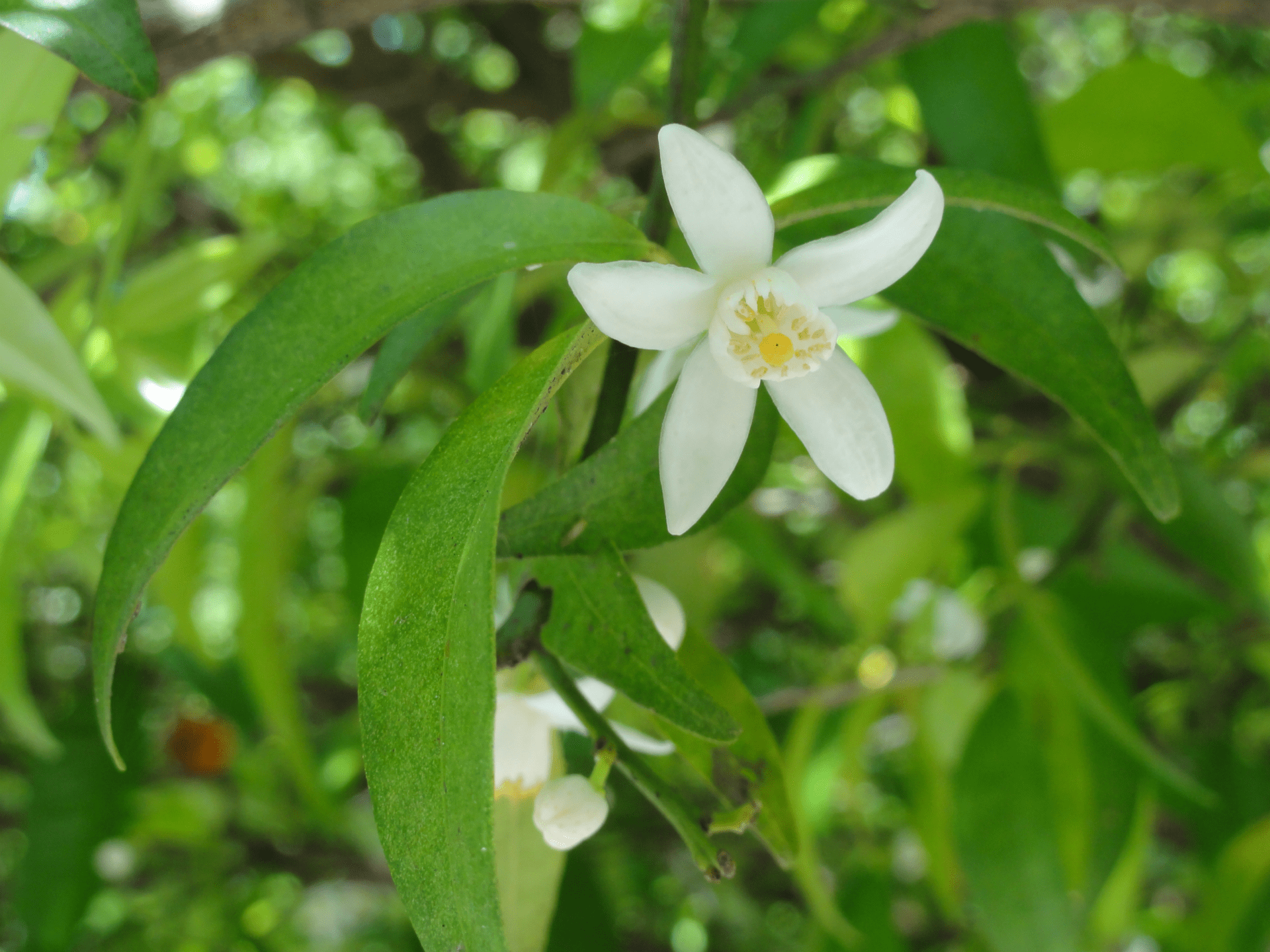 平野神社の花橘20160513
平野神社の花橘20160513
